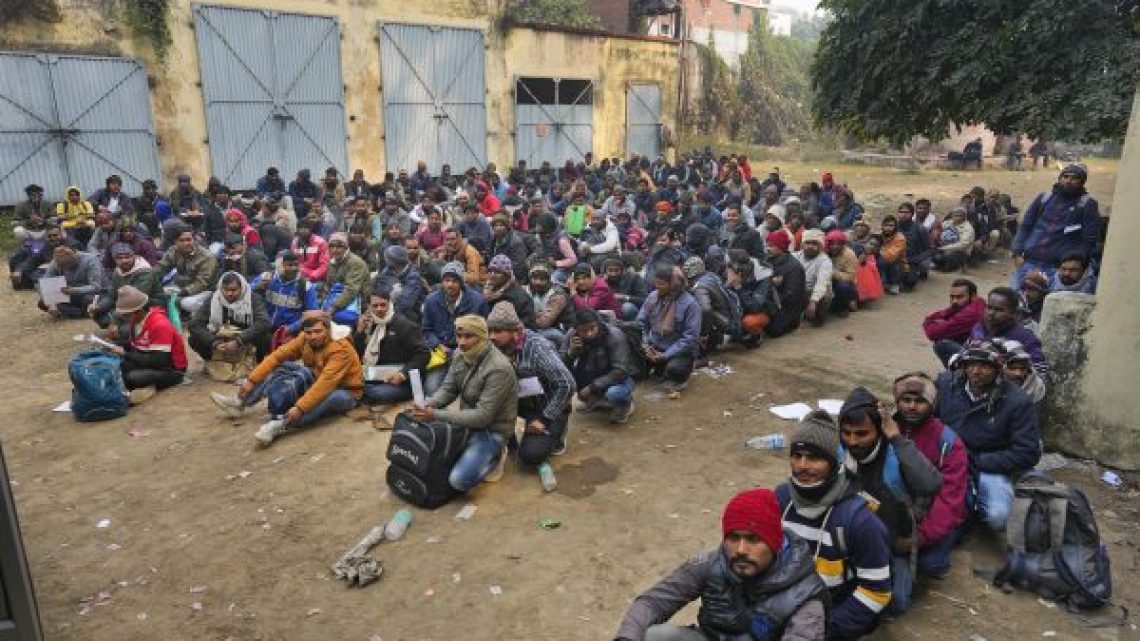
The Shift of Indian Nationals to Israel: A Strategic Workforce Move with Diplomatic Implications
March 5, 2024The Israeli government’s decision to suspend the work permits of thousands of Palestinians employed in the country since October 7, 2023, has triggered a significant shift in the workforce dynamics of the region. This move, driven by a precarious security situation and an exodus of dual nationals to other cities, has left Israel facing acute shortages of labour in vital sectors such as agriculture, construction, nursing, and various industries.
To address the labour vacuum, Israel is planning a strategic shift by permanently replacing its Palestinian workforce with foreign workers. Beyond governmental initiatives, private Israeli companies are also struggling with manpower shortages, prompting them to seek skilled and unskilled labour from countries like India, Sri Lanka, Mexico, Kenya, Malawi, and Uzbekistan. Among these nations, India is poised to become the major beneficiary due to its close ties with Israel.
In a significant development, both governments reached a consensus in November 2023, establishing a framework agreement for the temporary employment of Indian workers in specific sectors in Israel. Protocols were put in place for the temporary employment of Indian nationals in the caregiving and construction sectors in Israel. As a result, local governments in the Indian states of Haryana and Uttar Pradesh have actively publicized employment opportunities in Israel, with enrollment processes already underway. Batches of 700 to 1000 individuals per week are slated to be sent to address the labour shortages.
The Indo-Israeli collaboration in the employment sector gained momentum during Prime Minister Narendra Modi’s visit to Israel in May 2023. An agreement was signed, providing for 42,000 openings for Indian nationals in Israel’s construction and nursing sectors. Currently, an estimated 18,000 Indians are already in Israel, either for education or working in diverse roles such as caregivers, diamond traders, and IT professionals. However, the recent suspension of Palestinian work permits has triggered the return of 1309 Indian citizens since October 7.
The increasing number of Indian workers in Israel, spanning occupations like masons, painters, electricians, plumbers, and farmers, signifies a substantial workforce transition. Yet, this move has broader foreign policy implications for India. It positions India as a facilitator of Israel’s economic marginalization and the exclusion of the Palestinian people. As the influx of Indian workers into Israel continues, it remains to be seen how this strategic shift will impact diplomatic relations in the region and beyond.

